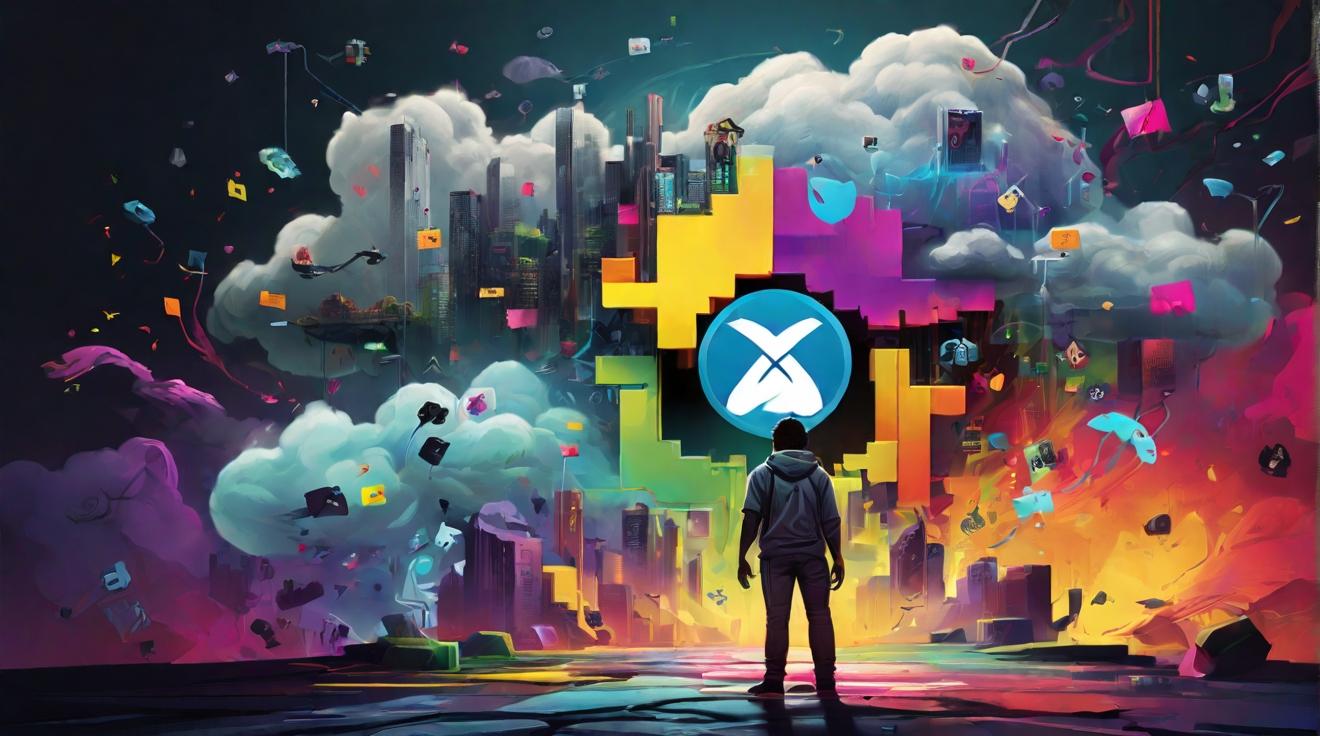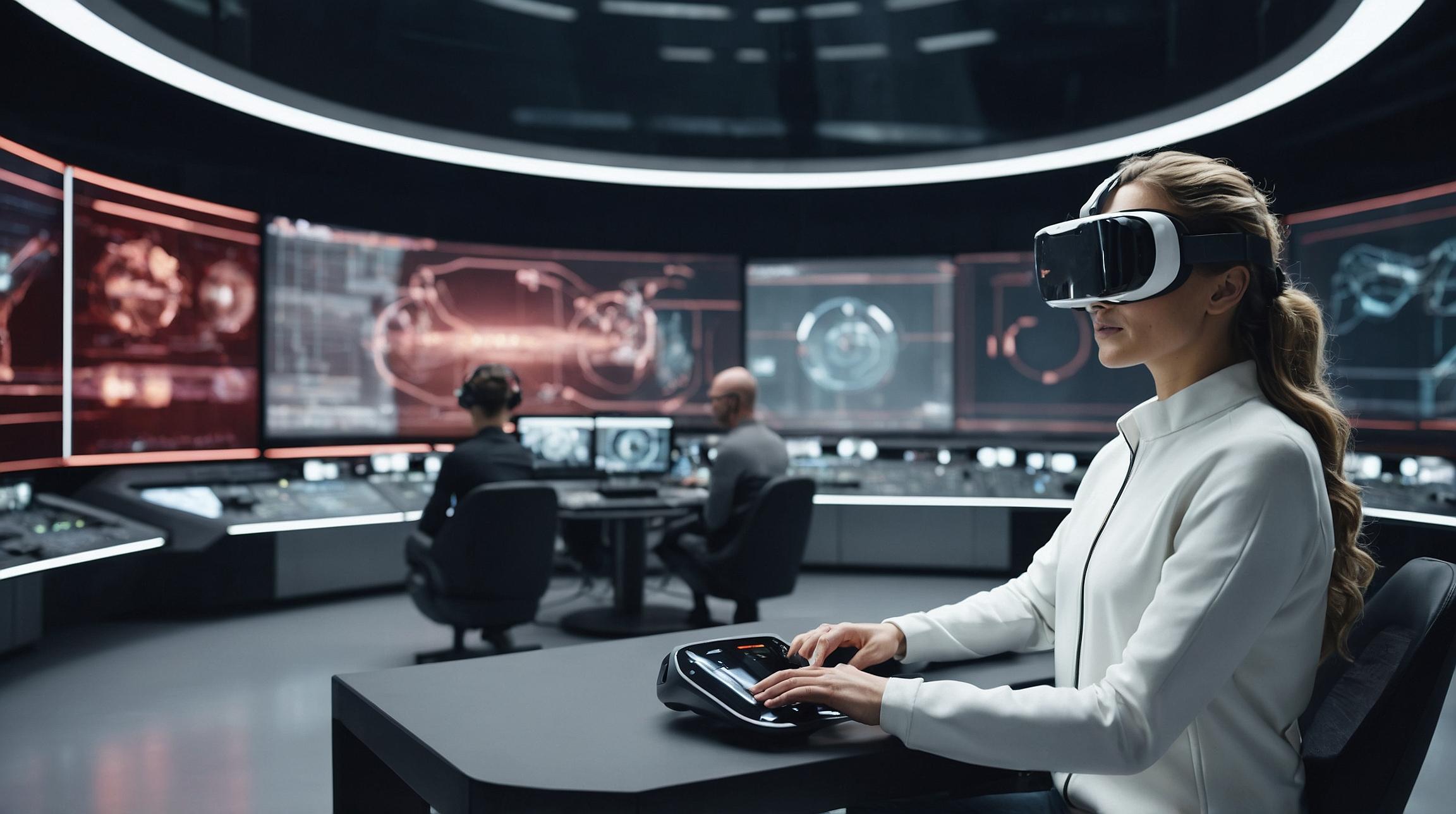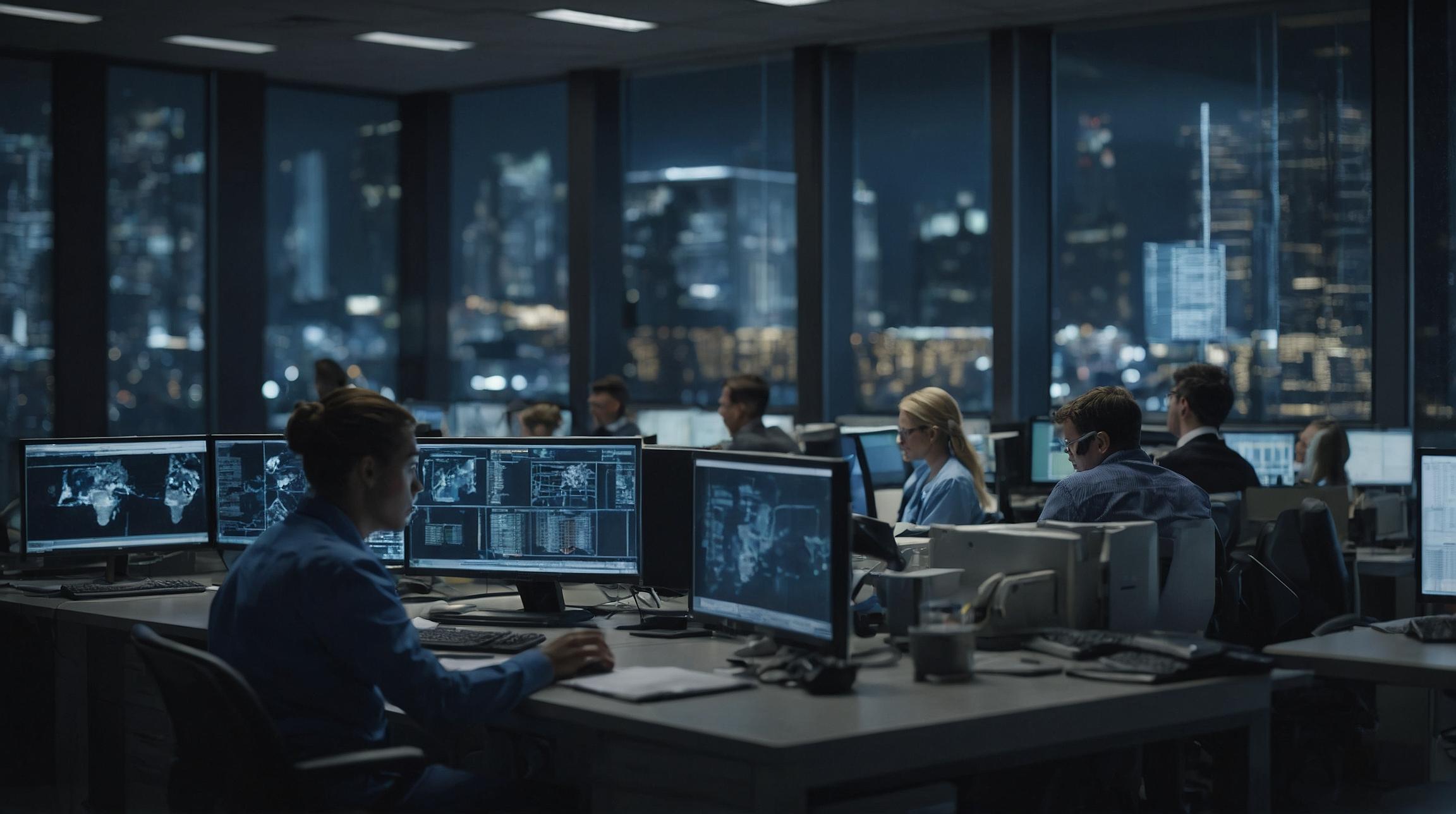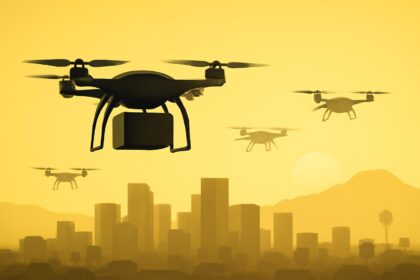Zoox Seeks Federal Exemption to Launch Commercial Robotaxi Service
Amazon-owned autonomous vehicle developer Zoox has formally petitioned the National Highway Traffic Safety Administration (NHTSA) for a regulatory exemption. This exemption would permit the company to commercially deploy its custom-designed robotaxis, which notably lack traditional vehicle controls such as pedals and steering wheels. The exemption request, termed a “555 exemption,” aims to waive compliance with eight Federal Motor Vehicle Safety Standards that currently apply to passenger cars equipped with automated driving systems. Zoox confirmed submission of the petition and emphasized ongoing collaboration with NHTSA throughout the review process.
Regulatory Context and Prior Milestones
An NHTSA spokesperson stated that the agency is conducting an initial review of Zoox’s application. Following this, the agency will issue a public notice inviting comments before making a final determination. This latest exemption request builds on two key recent developments for Zoox. Earlier in September 2025, Zoox launched a free robotaxi service accessible to the public in Las Vegas, marking a practical step toward commercial operations. Additionally, in August 2025, NHTSA granted Zoox a temporary exemption allowing the demonstration of its robotaxis on public roads. The August exemption resolved a long-standing regulatory question regarding the compliance of Zoox’s uniquely designed autonomous vehicles with federal safety standards. However, it was limited to research and demonstration purposes. The current petition seeks to broaden this scope to include commercial deployment.
Implications for Autonomous Vehicle Industry
Zoox’s push for a commercial exemption signals a significant advance in the autonomous vehicle sector. If approved, it would enable the company to operate its fully driverless robotaxis on public roads at scale, potentially accelerating the adoption of autonomous ride-hailing services. The request also reflects evolving regulatory frameworks adapting to novel vehicle designs and automated technologies. NHTSA’s expanded Automated Vehicle Exemption Program, under which Zoox’s demonstration exemption was granted, illustrates the agency’s increasing flexibility in accommodating emerging mobility solutions.
“Zoox continues to work closely with NHTSA to navigate regulatory pathways that support safe deployment of innovative autonomous vehicles,” a company spokesperson said.
Looking Ahead
The outcome of Zoox’s exemption petition will be closely watched by the autonomous vehicle industry and regulators alike. Approval could pave the way for broader commercial rollout of robotaxi services, while setting precedents for future regulatory considerations. NHTSA’s public comment period will provide stakeholders an opportunity to weigh in on the safety and operational aspects of deploying driverless vehicles without traditional controls.
FinOracleAI — Market View
Zoox’s exemption request represents a pivotal moment for autonomous mobility, highlighting both the technological maturity and regulatory challenges facing the industry.
- Opportunities: Commercial deployment could accelerate acceptance and scale of robotaxi services, attracting investment and partnerships.
- Risks: Regulatory approval is uncertain; public safety concerns and operational reliability remain critical.
- Successful exemption may encourage other autonomous vehicle firms to pursue similar regulatory pathways.
- Market adoption depends on consumer trust, infrastructure readiness, and competitive positioning.
Impact: Zoox’s petition underscores a positive trajectory toward mainstream autonomous vehicle services, contingent on regulatory and public acceptance dynamics.













